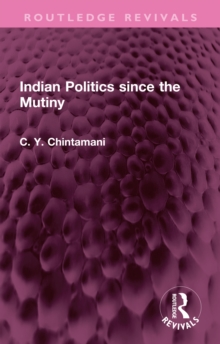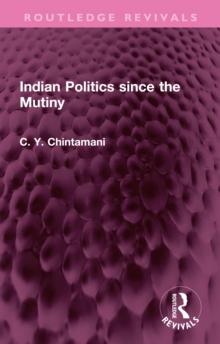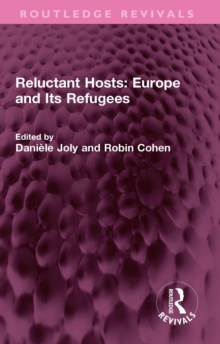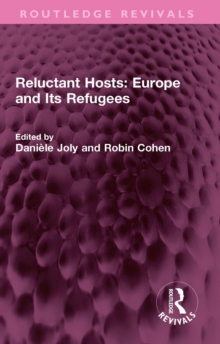
The Genealogy of Knowledge : Analytical Essays in the History of Philosophy and Science EPUB
by Stephen Gaukroger
Part of the Routledge Revivals series
EPUB
Description
First published in 1997, this volume expands the analytical philosophical tradition in the face of parochial Anglo-American philosophical interests.
The essays making up the section on ‘Antiquity’ share one concern: to show that there are largely unrecognised but radical differences between the way in which certain fundamental questions – concerning the nature of number, sense perception, and scepticism – were thought of in antiquity and the way in which they were thought of from the 17th century onwards.
Part 2, on early modern thought, explores the theoretical characterisation of the role of experiment in early modern physical theory through Galileo’s embracing of experiments, along with Descartes’ automata and issues in a relatively neglected but especially intractable part of Descartes’ philosophy: how he conceives of what a successful inference consists in and what it is that makes it successful.
The final section deals with the philosophical foundations of physical theory, the distinction between the human and the natural sciences, the philosophical-cum-scientific foundations of Marx’s idea of socialism, and Nietzche’s criticisms of the very notion of science, concluding that Nietzsche’s probing questions cannot be dismissed, as he has opened up some genuinely challenging issues which we ignore at our peril.
Information
-
Download - Immediately Available
- Format:EPUB
- Pages:318 pages
- Publisher:Taylor & Francis Ltd
- Publication Date:20/12/2018
- Category:
- ISBN:9780429776380
Other Formats
- Hardback from £130.00
- Paperback / softback from £41.65
- PDF from £38.69
Information
-
Download - Immediately Available
- Format:EPUB
- Pages:318 pages
- Publisher:Taylor & Francis Ltd
- Publication Date:20/12/2018
- Category:
- ISBN:9780429776380










